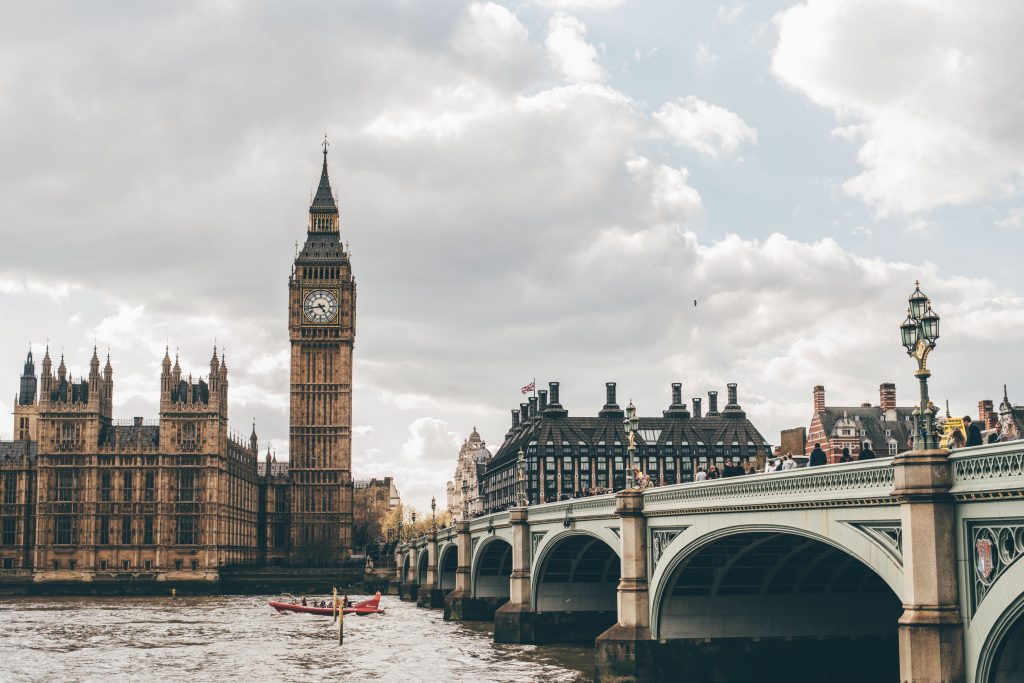With the major party conferences behind us, what do they signal for low carbon business?
Key green policy announcements are often made at the Labour and Tory party conferences. What did this year have in store?
Labour
Labour has committed itself to one of the most radical net zero emissions targets in Europe after members voted to agree to a target of 2030, wrote The Guardian.
Party members voted at the autumn conference in Brighton to back a motion for a Green New Deal to set the fixed date to achieve net zero, as well as nationalising the big six energy firms and guaranteeing green jobs.
There is a lot in Labour’s plans. The Guardian argues that the Green New Deal also proposes repealing all anti-union laws, banning fracking – which is already Labour policy – decarbonisation by progressive taxation of the wealthiest in society, plus taking all public transport into public ownership so it is free or affordable.
Their specific transport plans include rail electrification, supporting high speed rail, creating rail freight on the West Coast Mainline and removing HGVs from the roads. They also want to retrofit zero-carbon measures on social and council housing and public buildings.
The plans also suggest working collaboratively with farmers to eliminate pollution and greenhouse gas emissions from the agricultural sector.
John Sauven, the executive director of Greenpeace UK, said: “net zero by 2030 will be extremely difficult, but it may the right date to aim for. If it can be done, it should be, and if it can’t, then missing the target by a few years, or even a decade, is still a far better outcome than hitting the government’s 2050 target, which is dangerously late.”
The campaign group has said that decarbonisation could produce thousands of well-paid, skilled jobs in the renewables sector and the supply chain. To allay union fears that ambitious targets would threaten jobs in the traditional energy industries and the aviation sector, Greenpeace said there would be a “just transition” that protects workers.
But Amelia Womack, the deputy leader of the Green party, said the plans fail to address key areas where the Labour party and Labour councils have been consistently failing.
There is more on Labour’s Green Policy here. The reality is it’s too early to judge exactly how the announcements might impact low carbon business, but an overarching 2030 net zero target must favour low carbon operations. Of course, Labour isn’t in power, and the shadow of Brexit casts heavily over politics as usual – a return to which is needed to put low carbon progress top of the agenda.
Conservative
The Conservatives too pledged a suite of new policies comprising a ‘net zero package’ which they said would put “21st Century Conservativism” at the heart of the government’s green agenda.
Measures have been targeted at the transport, power and housing sectors principally, with up to £1 billion in R&D funding announced for the UK’s automotive sector.
Plans for heavy investment in electric car production, energy reduction measures in all new homes and the planting of one million trees are being promised by Boris Johnson in a £1.2bn package to combat climate change.
In addition to transport, measures have also been announced to support further decarbonisation in power generation.
An initial £200 million investment is also to support the first five-year development phase of the Spherical Tokamak for Energy Production (STEP) project which intends to build a commercially viable fusion power plant by 2040.
And housing secretary Robert Jenrick said he wanted new homes to “play their part” in tackling climate change. “That’s why I am introducing a Future Homes Standard which ensures that no new home is built from 2025 without the best levels of energy efficiency and low or zero carbon heating.”
The government is committing itself to the planting of up to one million trees by 2024 to create three new forests in Northumberland and to increase funding to turn derelict land in towns and cities into “pocket parks”.
Andrea Leadsom, the business and energy secretary, said: “Addressing climate change is a top priority for the Conservative Party, and today’s announcements will not only help us reach our net zero 2050 target, but will benefit communities and households – and improve wildlife and wellbeing – while doing so.”
What does it all mean?
Right now, it’s very hard to say. The key parties all want to promote the sense they are positive for low carbon. But everyone knows that in real terms, this is all meaningless until Brexit is resolved one way or another.
And with the Brexit resolution will come evidence on how EU environmental laws and standards will or will not be made UK law, which will also have major implications on which parties take the greenest lead.
At the Hub, we’re keeping readers up to date with green policy announcements, and what they mean for business. Check back for further updates.

